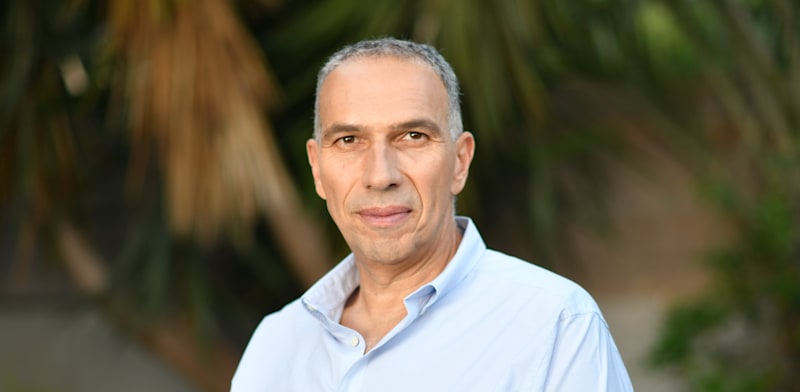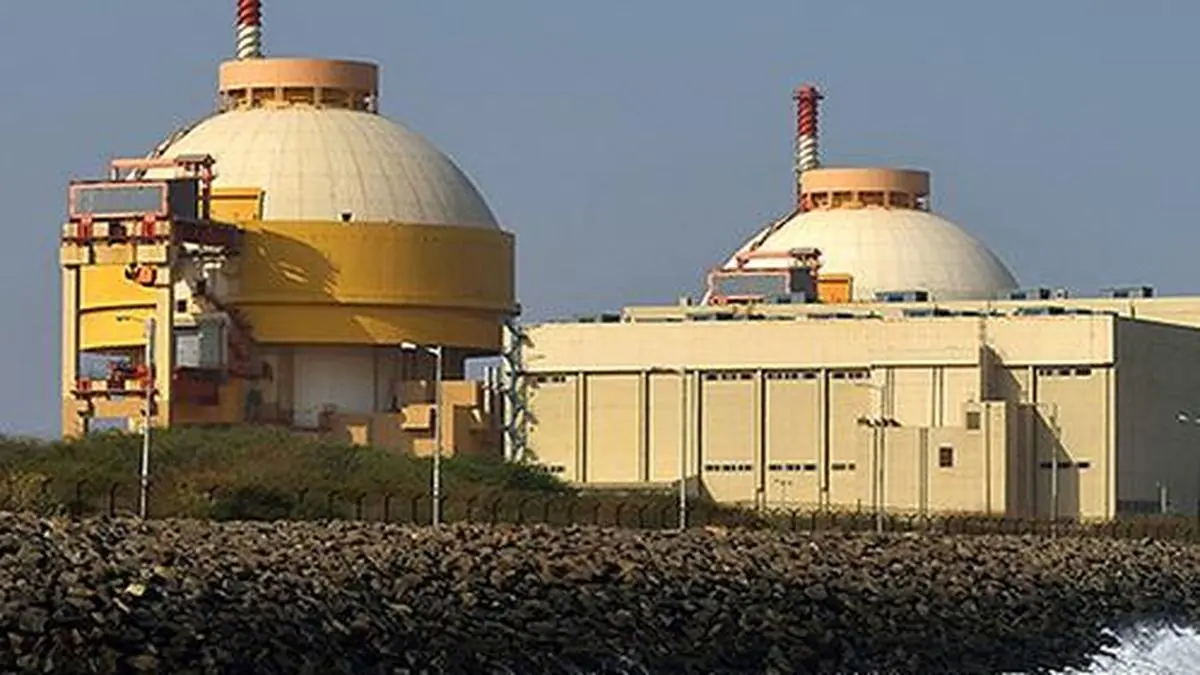The Israel Tax Authority claims that it is owed NIS 200 million by Israeli cybersecurity company Guardicore, which was acquired two years ago by Akamai for $600 million. The Israel Tax Authority makes this claim in an application for liquidation of the company and the appointment of a trustee, which it has submitted to the Tel Aviv District Court in Tel Aviv. The Israel Tax Authority charges that “The company has acted in bad faith to smuggle out its assets and thwart the collection of tax debts”.
In the application, ther Israel Tax Authority claims that in a preliminary assessment by the Income Tax Division predicts that Guardicore’s tax liability is expected to amount to NIS 200 million, and “There are indications that the company’s tax liabilities could total a higher amount than NIS 200 million.”
The reason for the ambiguity over the company’s final debt is because Guardicore has not yet filed its annual report to the Israel Tax Authority for the 2022 tax year, after receiving an extension to submit it until October 31, 2023. The Israel Tax Authority claims that although the company’s debts to the Income Tax Division are not final and their repayment date has not yet been reached, they must be considered as debts for the purpose of approving the opening of liquidation proceedings by the court and appointing a trustee to prevent the smuggling of assets out of the company.
A range of prestigious venture capital funds behind the company
Guardicore was founded in 2013 by CEO Pavel Gurvich, CTO Ariel Zeitlin and VP business development Dror Sal’ee. Gurvich and Zeitlin met in the army where they worked in cybersecurity and they were joined by Sal’ee, a veteran tech entrepreneur, who has achieved several exits and is today one of the leaders of the tech protest against the judicial reform. The company, which was backed by top venture capital funds, has developed software and solutions for cloud security.
Among the initial investors in Guardicore were North 83 and Battery Ventures as well as Greenfield and Qumra. Later stage investors included ClalTech, and the venture capital funds of Deutsche Telekom, Dell, Cisco, and Greylock. Former Israeli Prime Minister Ehud Barak was also one of the company’s investors although he sold his stake before the exit.
The company had 350 employees in Israel, the US, Canada, Brazil, India, Mexico, Peru, Ukraine and Western Europe.
The investors enjoyed handsome returns when the company was sold to Akamai in 2021 at a valuation of $626 million.
RELATED ARTICLES
Akamai buys Israeli cybersecurity co Guardicore for $600m
Requested tax exemption, received a liquidation application
In the liquidation application submitted by the Income Tax Division and the Tel Aviv 3 Assessor against the company, it is claimed that in June 2022, Guardicore decided to enter voluntary liquidation proceedings, as part of the exit. Company director Gerald Deck signed a solvency statement that after examining the company’s business, he found that the company could pay its debts in full within 12 months from the start of the liquidation process. Deck was even appointed by the annual general meeting as a trustee for the benefit of the voluntary liquidation procedure.
Following this, Guardicore reported the sale of all its intangible assets (its intellectual property) to Akamai in exchange for about $350 million.
However, according to the Israel Tax Authority, the company should be transferred to liquidation proceedings by the court as part of “insolvency”, under the voluntary liquidation procedure, and an order should be issued to open proceedings against it due to the company’s inability to repay the debts to the Authority. “Recently, the assessor’s office examined the company’s file and in a preliminary assessment a future tax liability of hundreds of millions of shekels was found, due to the company’s capital gains transaction and due to a secondary adjustment-dividend,” the liquidation request states.
In addition to opening the liquidation procedure, the Authority has asked the court to appoint a temporary trustee for Guardicore, and to issue orders prohibiting the disposition (making changes, selling, etc.) of the company’s assets or rights due to fear of asset smuggling.
In the application for the appointment of the trustee, the Israel Tax Authority reveals its concerns that Gaurdicore would not be able to pay its debts to the Authority following a letter sent by the company’s accountant to the Tax Authority. In the request, it was stated that “From a letter received by the Income Tax Department from the company’s accountant, it appears that a total of approximately $50 million of the amount of the share transaction was made in cash, and at this stage it was requested to transfer the balance of receivables from the purchasing company to the company, in the amount of approximately $300 million, exempt from tax at source.”
This request by Guardicore’s accountant raised a red flag at the Tax Authority and the assessor’s office asked the accountant for documents in order to receive clarifications. According to the Authority, “All the required documents were not produced on time and even after a second extension that passed on July 23, 2023, the assessment office had not yet received all the required documents.”
In the circumstances, the Authority became concerned about the smuggling of assets and funds from the company. “The company’s request for an exemption from tax at source for the debtors’ balance funds, even without completing all the required documents, raises a real concern of smuggling the debtors’ creation to a third party,” the request states.
It was also stated in the request that, as part of the voluntary liquidation request that the company itself opened, it asked to be cleared of all its debts (estimated by the Authority to be hundreds of millions of shekels) and “There is a real concern that funds will be smuggled out of the company”.
The Israel Tax Authority requests the appointment of the trustee with the aim of “stopping the smuggling of the assets, examining whether the company has additional assets and safeguarding them.”
Akamai said in response, “Liquidating a corporate subsidiary following an acquisition is a standard industry practice and something Akamai has done before in Israel and other jurisdictions. Akamai initiated the liquidation of the Guardicore legal entity more than one year ago, following Akamai’s acquisition of the company in 2021.
“There are several claims made in the article that are erroneous or lacking complete information: The implication in the article that the Guardicore business is insolvent or bankrupt is plainly false. It remains a financially sound and successful business within Akamai. The filings cited appear to relate to a dispute regarding the total tax payment required, which is a common ground for dispute. However, the full scope of the complicated tax assessment process, and all of the related facts, are not included . Akamai and Guardicore previously paid significant taxes to the Israeli Tax Authority and have been working cooperatively and transparently with the ITA on its requests for information.
“Since initiating the liquidation, Akamai has been working through the liquidation process established by law and regulation and is committed to resolving the present dispute with the ITA in the same manner.”
Published by Globes, Israel business news – en.globes.co.il – on September 20, 2023.
© Copyright of Globes Publisher Itonut (1983) Ltd., 2023.















